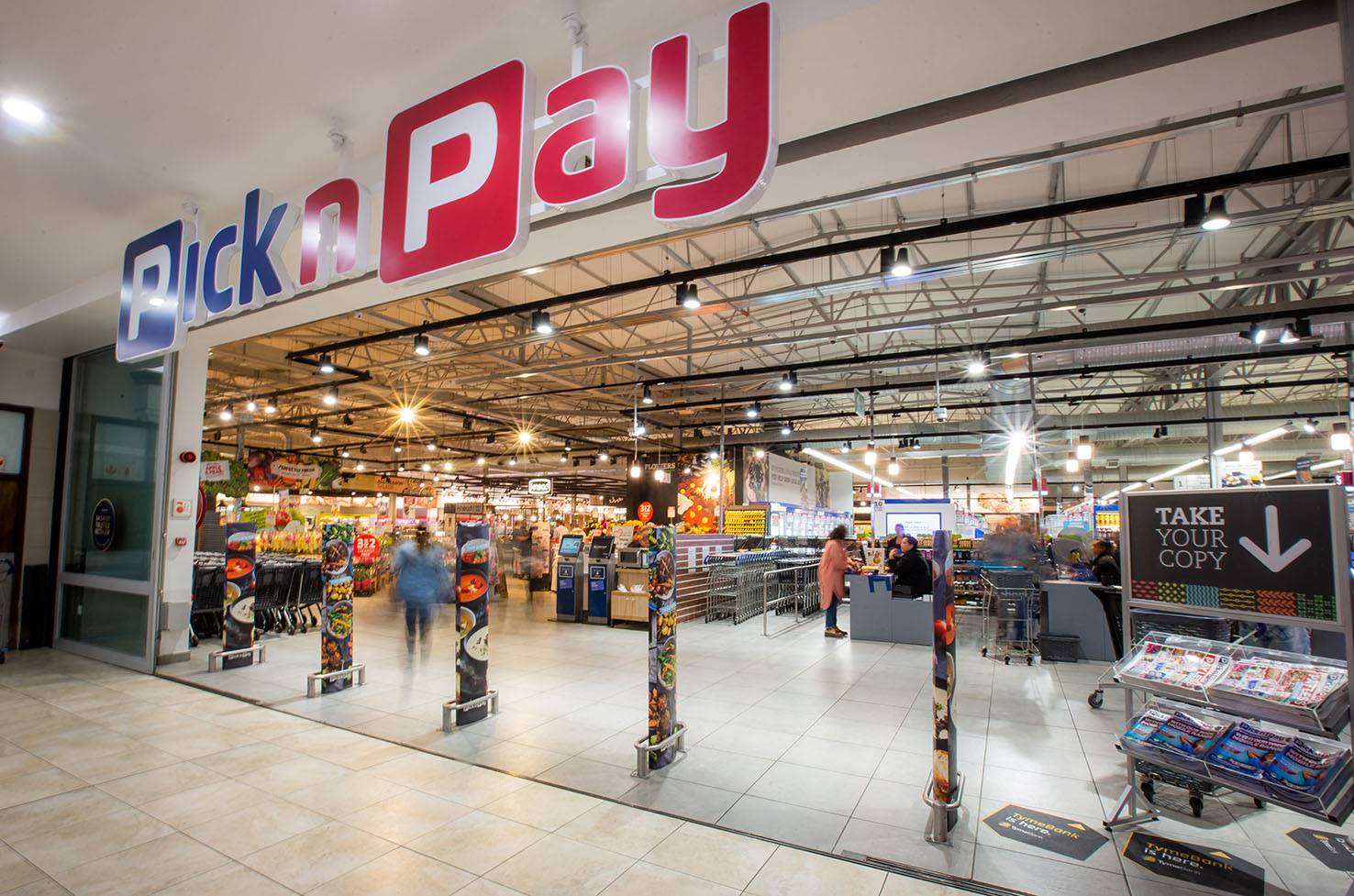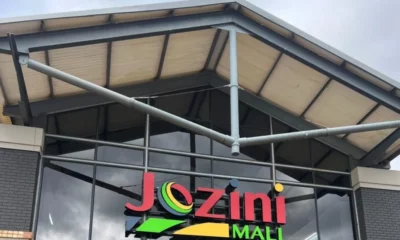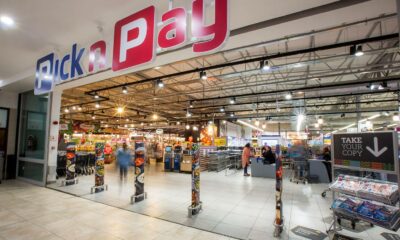Business
Pick n Pay Under Pressure as SA’s Informal Economy Booms

Pick n Pay’s Warning: South Africa’s ‘Hidden Economy’ Is Changing Retail Forever
As the informal economy explodes in South Africa, traditional retailers are scrambling to adapt.
South Africa’s formal retail giants are facing a silent but powerful rival, the informal economy, a R750 billion juggernaut built on hustle, township networks, and community trust. And Pick n Pay says it’s feeling the heat.
In its latest annual report, Pick n Pay issued a clear warning: the rise of informal trade, from spaza shops to township superettes—poses one of the biggest threats to established retailers. The group recorded a R651 million loss for the 2025 financial year, despite a modest 5.62% increase in turnover to R118.61 billion. It’s a significant improvement from the R3.3 billion loss in 2024, but not nearly enough to ease the pressure.
Discount Demand Meets Township Hustle
South Africans are increasingly hunting for better deals, closer to home. High unemployment, rising inflation, and an economic slowdown are pushing consumers toward price-driven, convenient options. This has fueled a “structural shift” in shopping habits.
Retailers like Pick n Pay and Shoprite, traditionally focused on urban and mall-based formats, are now losing ground to smaller, nimble informal players.
Spaza shops are thriving. Operating deep in townships and peri-urban areas, they offer lower prices, no-frills service, and walking-distance access, features big retailers are struggling to match.
GG Alcock: ‘The Hidden Giant’
Informal economy expert GG Alcock estimates the value of this “hidden economy” at R600 – R750 billion, with spazas and superettes alone accounting for R180 billion. He says the sector is growing at a 14.17% annual rate, far outpacing formal retail and GDP growth.
“This isn’t just a market. It’s a circular township economy where people buy from their neighbours and keep wealth in the community,” Alcock said. It’s local, loyal, and hard to displace.
Retail Giants Take Notice
Even corporate titans like Shoprite and Tiger Brands are rethinking their strategies. Capitec is expanding its services into the sector, while Nedbank is bracing for the competition.
Capitec CEO Gerrie Fourie argues that South Africa’s unemployment rate is misunderstood. “Stats SA doesn’t count self-employed people. There are township entrepreneurs making R1,000 a day, and we see it in our banking data.”
With 24 million customers and over 2 trillion data points, Capitec is betting big on informal retail. Fourie believes this economy is not a backup plan, it’s the future.
Pick n Pay’s Fight to Stay Relevant
For Pick n Pay, staying in the game means evolving. The group is:
-
Scaling its Boxer chain, which brought in a R2.31 billion profit, softening losses from its main brand.
-
Expanding private-label products for cost-conscious shoppers.
-
Digitising operations to support personalised retail experiences.
-
Reworking store formats to cater better to local markets.
-
Boosting its clothing division to provide value-focused fashion.
The company also sees opportunity in new regulations like the removal of lease exclusivity clauses and the R500 million Spaza Shop Support Fund, which opens doors for both informal and hybrid retail models.
Township Traders Are Not Just Surviving, They’re Winning
A report from Trade Intelligence shows 11.1 million South Africans shop in the informal sector, which accounts for 40% of food sales and 77% of daily calorie intake.
While formal retailers worry about profit margins and load shedding, township traders are focused on proximity, price, and practicality. It’s a winning formula in a struggling economy.
A Wake-Up Call for Big Retail
Pick n Pay’s struggles aren’t just about economic headwinds. They’re about a retail system being outpaced by change.
If anything, the rise of informal trade is a reminder that South African consumers are not waiting for solutions, they’re finding their own.
Retailers that want to survive the next decade will have to do more than cut prices or open new stores. They’ll need to understand how community-driven economies operate and find ways to collaborate rather than compete.
Would you like a shortened version for social media or email newsletters?
{Source: BusinessTech}
Follow Joburg ETC on Facebook, Twitter , TikTok and Instagram
For more News in Johannesburg, visit joburgetc.com



























